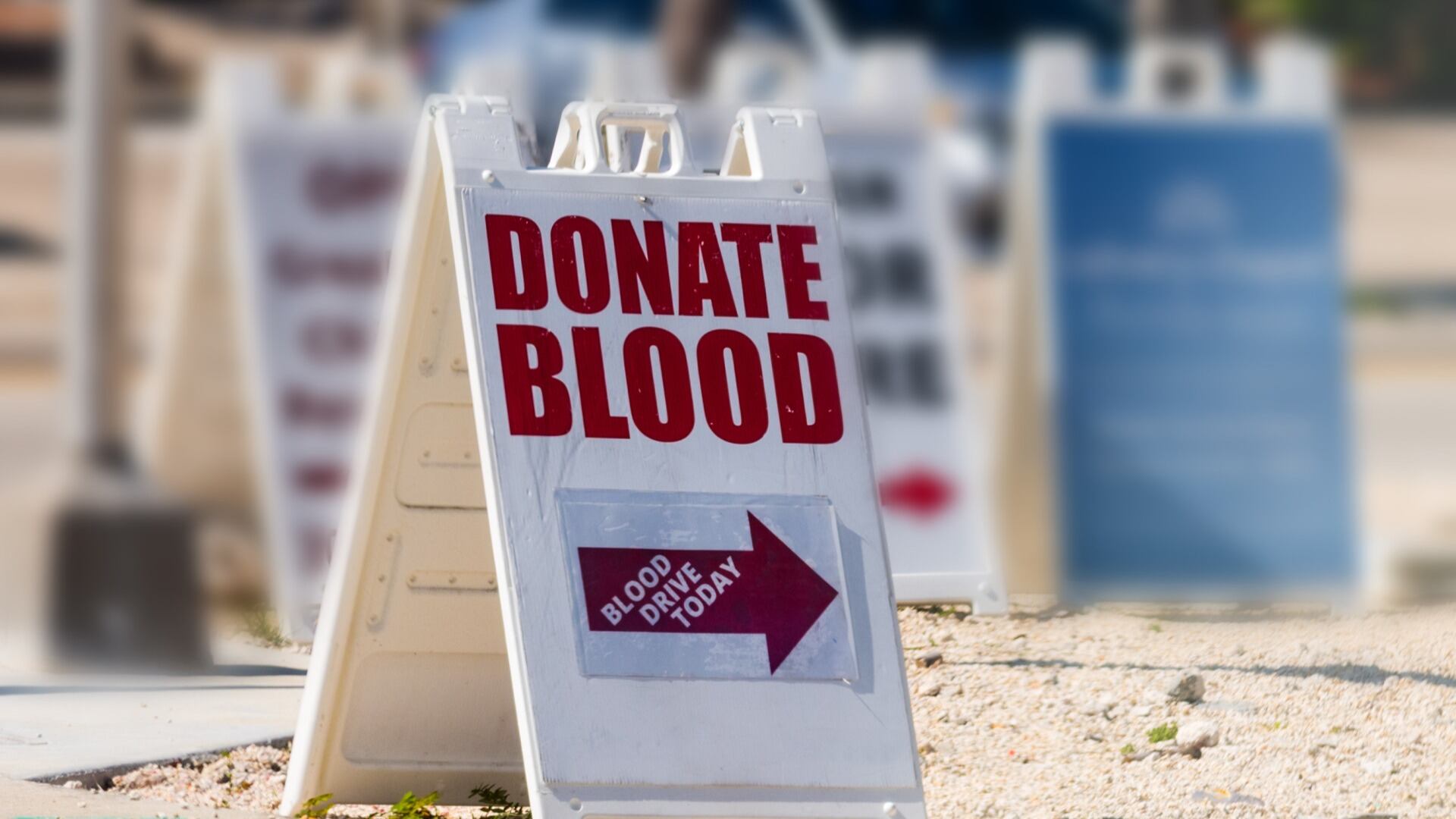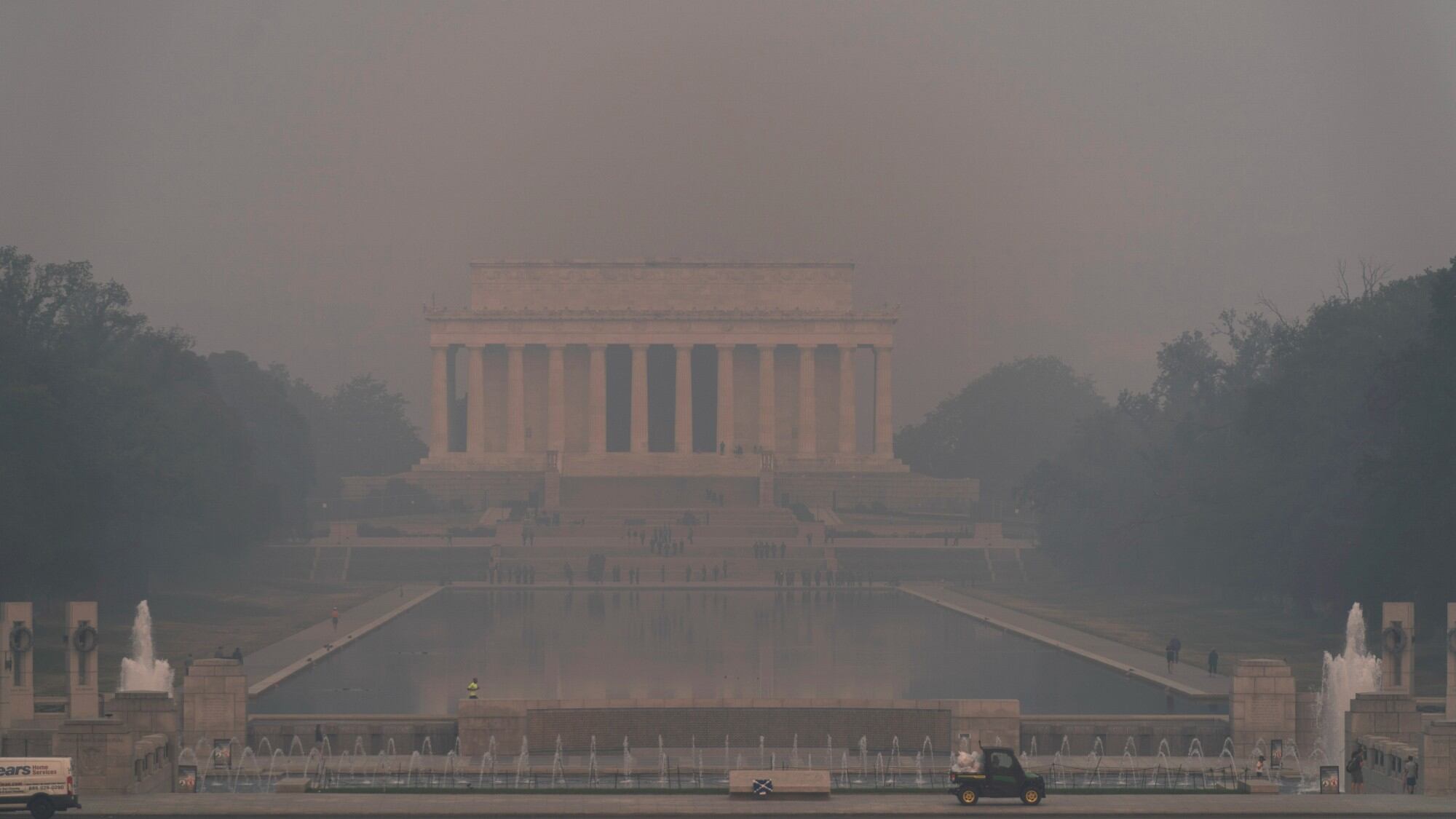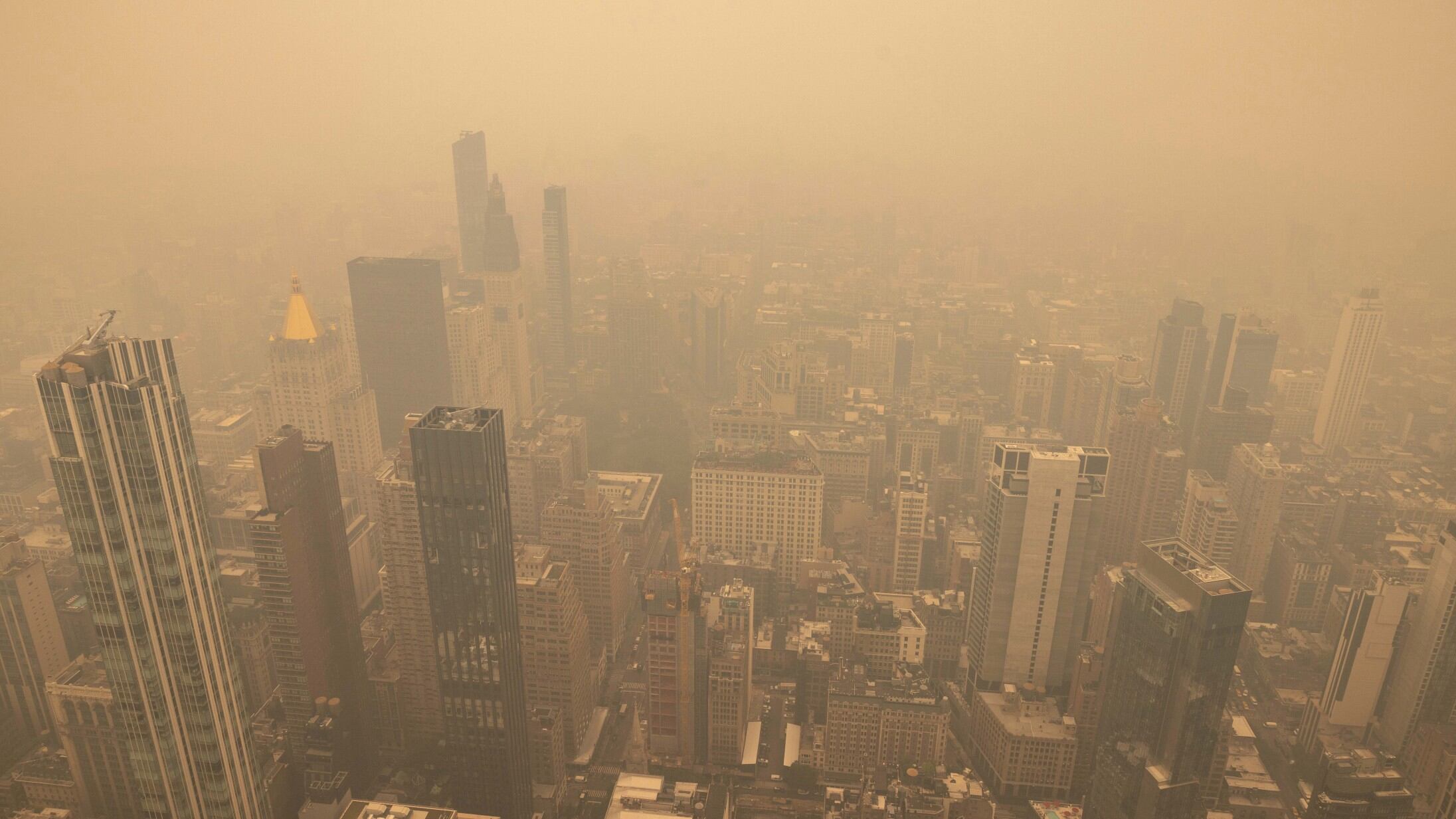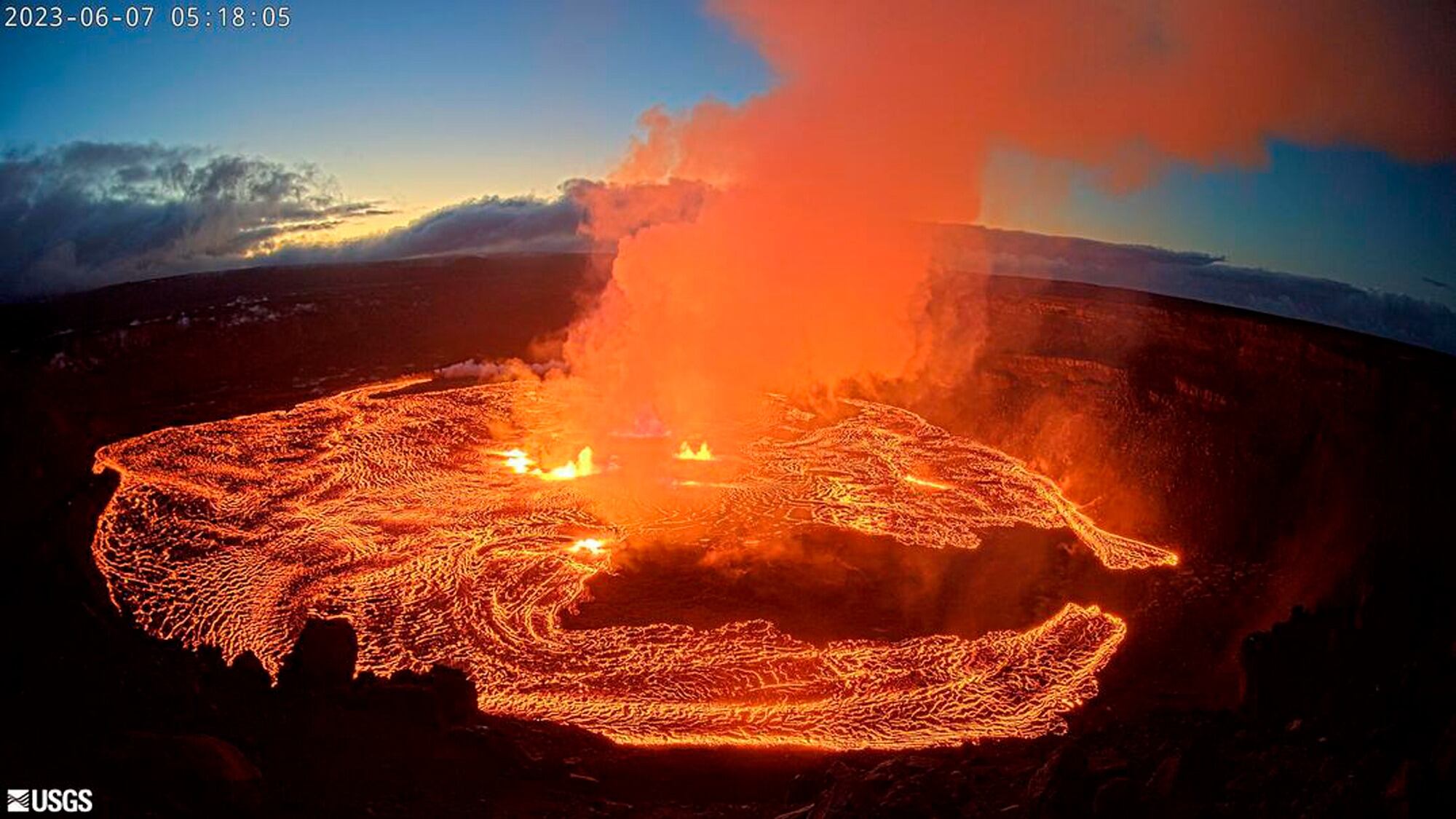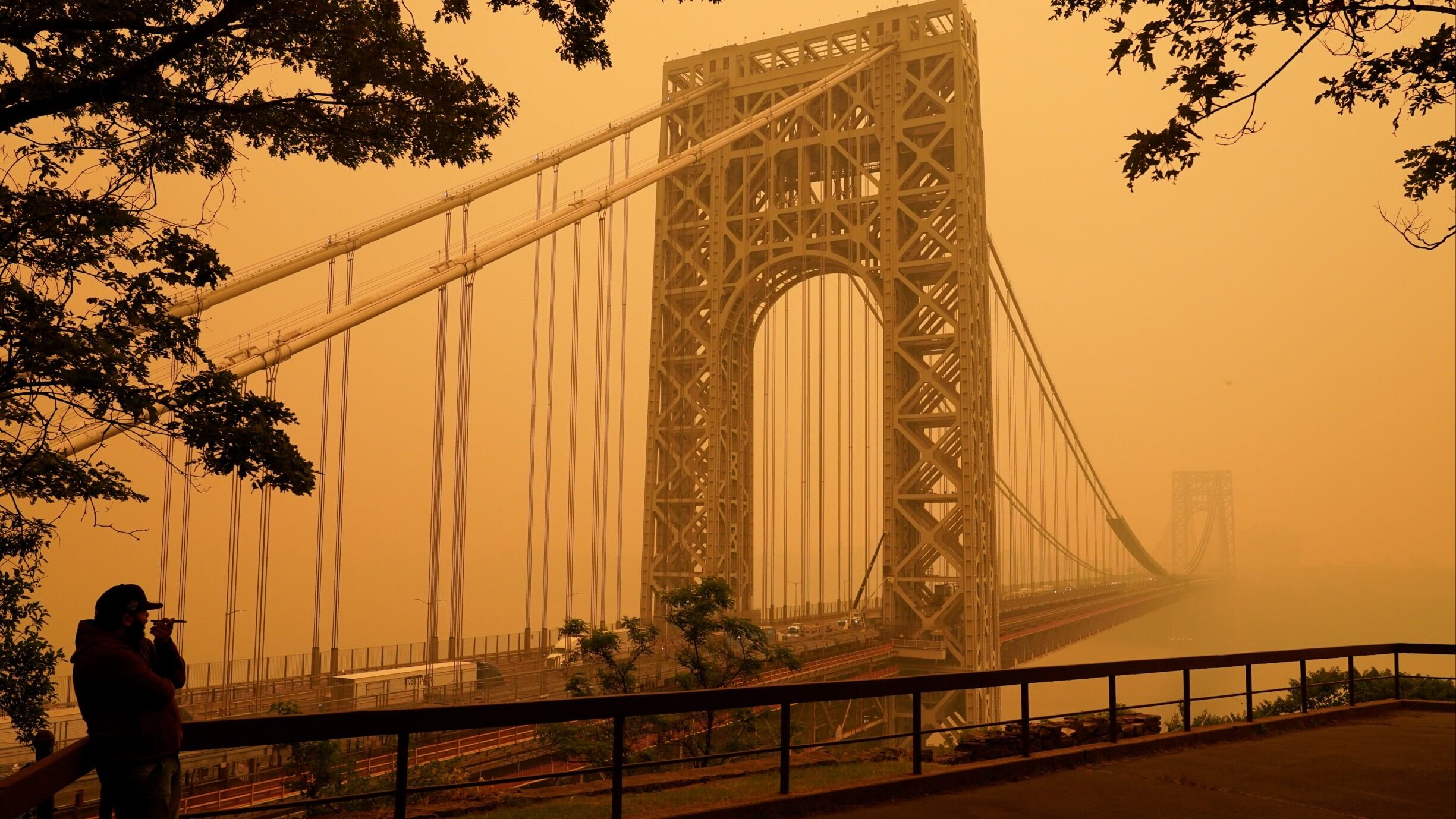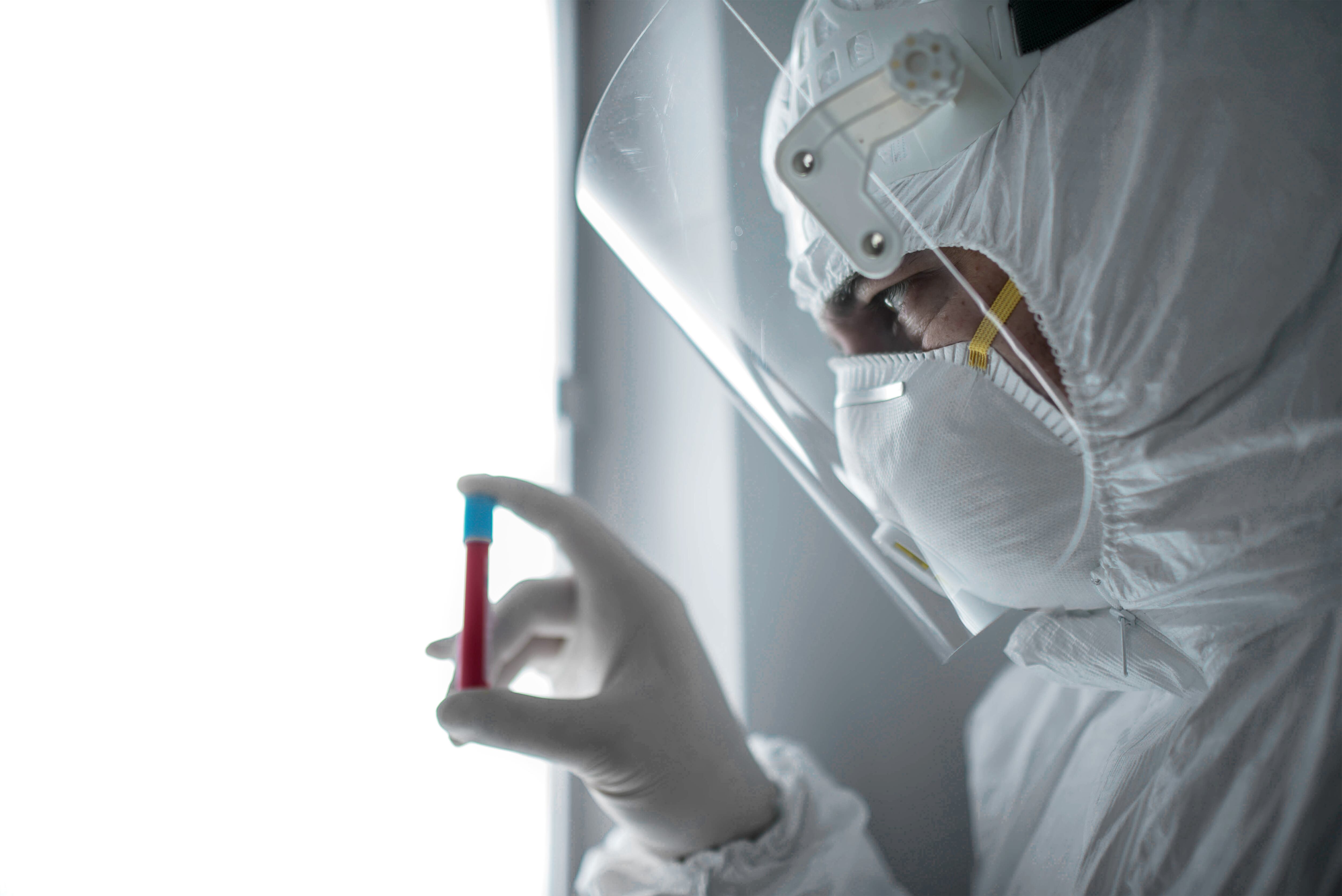January marks the start of a new year, but it is also National Blood Donor Month.
The beginning of the year is a critical period for those in need of blood transfusions as people tend to stop donating during the holiday season. The winter in general also experiences a dropoff as donors get sick more frequently.
With blood supplies running short, life-saving cancer treatments and surgeries like heart-transplants have to be pushed off.
Rodney Wilson, biomedical spokesperson at the American Red Cross, told Cheddar News that every two seconds someone in the U.S. needs a blood transfusion.
"It is a need that is coast to coast in every community across the country, and not enough people are donating. Only about 3 percent of the population has ever donated blood and yet most of us will need blood in our lifetime," Wilson said.
If you plan to donate blood, there are a few caveats to consider before heading to your local donation center. Participants must be at least 16 years old, weigh at least 110 lbs, and cannot donate more than six times a year with 56 days in between each donation.
In 2015, the Food and Drug Administration tweaked a controversial policy to lift a lifetime ban on gay and bisexual men from donating blood and said any man who hasn't had sex with another man in 12 months would be eligible to donate.
The policy was changed again in 2020 shortly after the onset of the coronavirus pandemic when blood supplies were critically low to allow gay and bisexual men to donate if they hadn't engaged in sex with men in the last three months.
A report said that cancer centers are dealing with shortages of carboplatin and cisplatin, drugs that are used to treat cancers.
On air quality maps, purple signifies the worst of it. In reality, it's a thick, hazardous haze that’s disrupting daily life for millions of people across the U.S. and Canada, blotting out skylines and turning skies orange.
With large swaths of the East Coast blanketed with smog, many are worried about their health. Mangala Narasimhan, director of critical care services at Northwell Health, offers some peace of mind with a handful of expert tips for coping with poor air quality.
Kilauea, one of the most active volcanoes in the world, began erupting on Wednesday after a three-month pause, displaying spectacular fountains of mesmerizing, glowing lava that's a safe distance from people and structures in a national park on the Big Island.
Smoke from the Canadian wildfires has reached New York and New Jersey which prompted officials to declare the area as currently having some of the worst air quality in the world.
Smoke from Canadian wildfires poured into the U.S. East Coast and Midwest on Wednesday, covering the capitals of both nations in an unhealthy haze, holding up flights at major airports and prompting people to fish out pandemic-era face masks.
Be Well: Full Body Beach Workout Routine
Be Well: How Blood Tests Can Determine Your Body's Biological Age
Be Well: How Therapy Sessions Can Boost Your Mental Health
Experts are warning about a new Covid-19 wave as 14 of New York City's wastewater treatment plants showed high levels of the disease in the past week.
